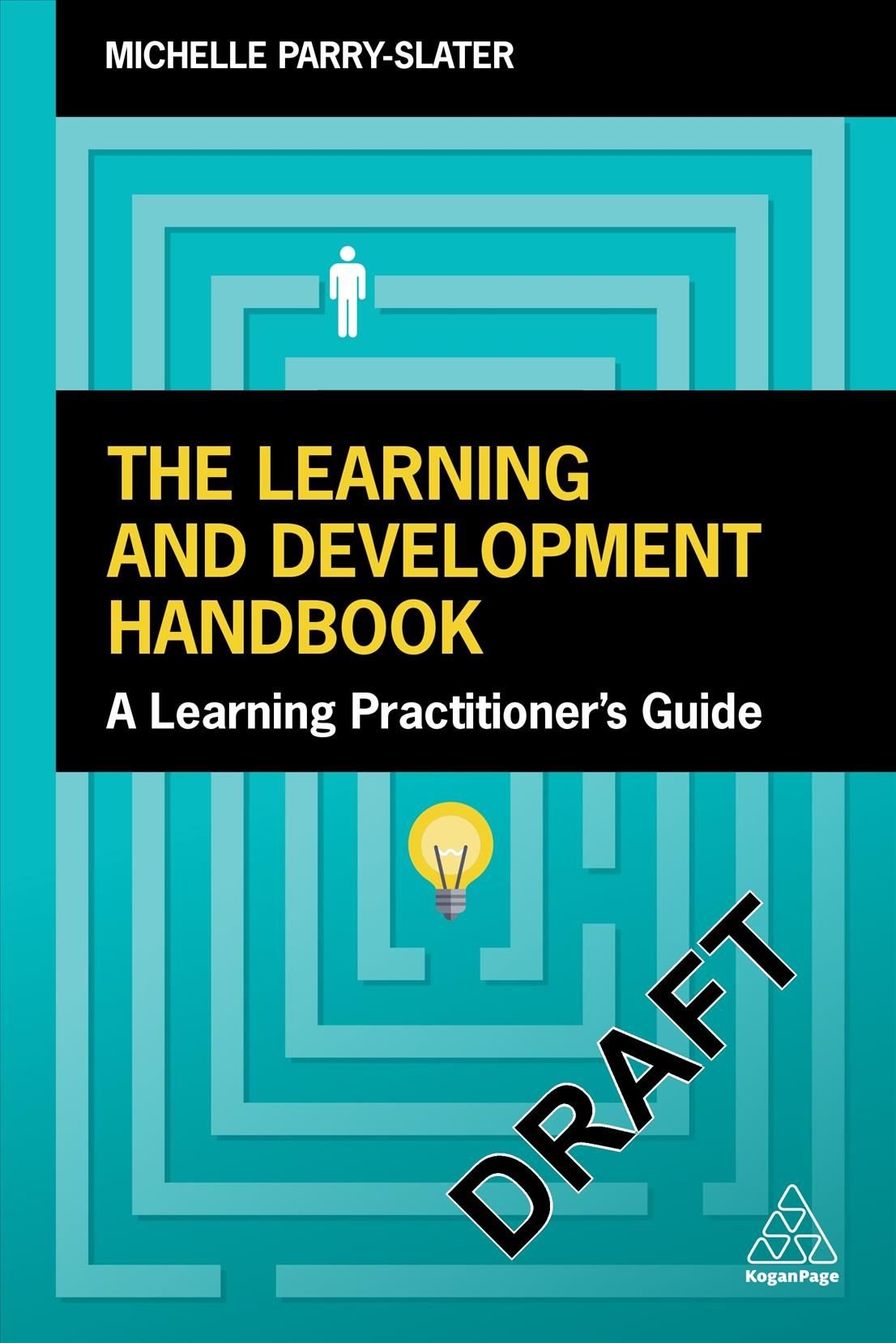This book investigates the socioeconomic factors that triggered Tunisia’s “revolution for dignity” and the current issues and challenges facing its economy while suggesting mechanisms and instruments for their resolution. The author begins by analyzing the roots of the revolution and the post-revolution situation from a political sociology perspective and then diagnoses the Tunisian economy before and after the revolution and identifies the multidimensional binding constraints preventing it from escaping the middle-income trap. The book then explores the pillars of an inclusive development strategy that Tunisia should pursue. The emphasis is made on building inclusive institutions, developing a new social contract and reinventing the country’s leadership. Beyond the institutional dimension, the author suggests innovative financial channels, discusses the strategy of a successful integration of the Tunisian economy in the global economy as well as the pillars of its transformation into a knowledge-based economy.












